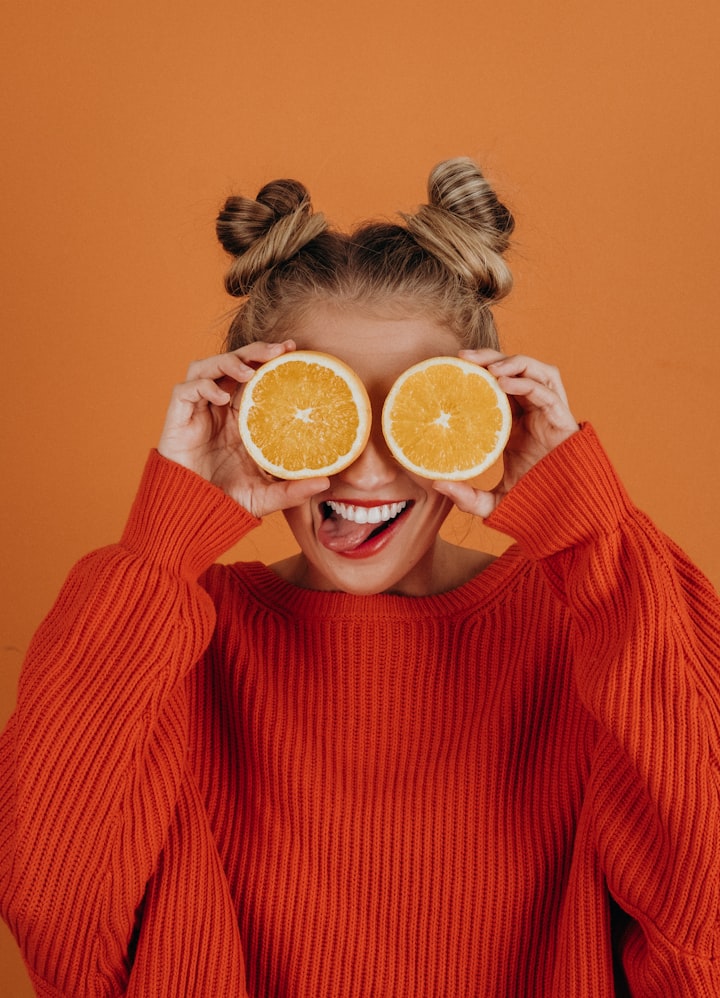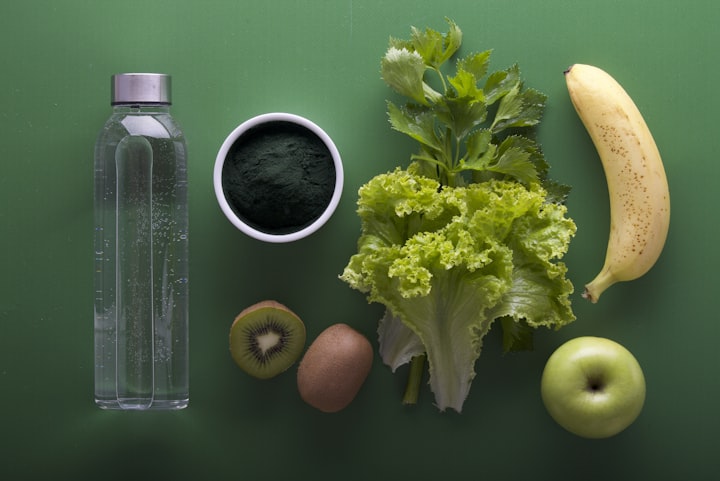On Dopamine
Our pleasure chemical! However, it does so much more for us!

Quick Facts
-Dopamine is our reward chemical, and a healthy amount of it is healthy for us!
-We can produce more of it by meditating, properly choosing times to reward ourselves, eating more protein-rich foods, more velvet beans, and more!
Intro
Dopamine has received some mixed opinions over the years. Some of us say it's good for you since it's a chemical we naturally produce, and some of us say that you should stay away from social media and video games because of the massive loads of dopamine these things encourage your brain to produce.
But what's really going on here?
The Stigma Around Dopamine
Dopamine is, in essence, a pleasure molecule that's released when we have access to something we find pleasurable we didn't have access to before. For example, if we believe that watching a movie is a pleasurable activity our dopamine levels will slowly increase as the workday goes on and the movie becomes "more accessible."
So what happens is many of us believe that watching movies/playing games/scrolling through social media on our phones is a pleasurable activity, and since we do our brain gives us a release of dopamine whenever we turn the screen on. This is why people say social media is bad for you - it's because it's a pretty big dopamine release that you can access pretty much whenever you want, among other reasons.
However, I want to mention that dopamine doesn't inhibit us - having a healthy amount of dopamine in your body helps your digestive system work properly, helps your executive functioning work properly, helps your heart and kidneys function properly, helps your motor control, pain processing, stress response, sleep cycle, and more. So yes, while we receive it (in part) because we feel like we deserve it, it really helps us in a lot of different ways.
So, Is Dopamine Good Then?
Absolutely. Just like every other pleasure chemical, however, a proper balance is key! Too low of a dopamine level and you can feel depressed, too high of a dopamine level and you can develop mania. But, we instinctively know our bodies pretty well - we can often feel when enough is enough or when we need more of something. Shhhh, don't tell your doctor I said that ;)
Even though it's a good chemical some psychology comes into play - we choose what we consider to be pleasurable. So, if we think that pulling out our phones gives us pleasure we'll probably get a lot of dopamine throughout the day, maybe even too much. If we think that we're only allowed to have a good time if we find where Jimmy Hoffner's buried, well, we'll probably be in for a lot of disappointment.
So, I encourage you to choose what you think should be pleasurable and when you think you should be rewarded with a rush of dopamine. I would make it reasonable, not too far out-of-reach, but also not too simple either.
How Can We Use It To Our Advantage?
Once we decide what is pleasurable for us we can begin using dopamine to our advantage. Dopamine is fairly addictive by nature, but this doesn't have to be a bad thing if we don't let it be.
For example, I love food. I had some tasty food, waiting in the car, ready to be munched down right before I sat down to write. But, I told myself I had to go shopping first, and that made me truly feel motivated when I otherwise wouldn't be!
That's how we can use it to our advantage - we can consciously refrain from rewarding ourselves until we get our stuff done, and feel truly motivated in the process. We may feel temptation as well, however, the less we give in to the temptation the longer we'll feel motivated to do the things we consider monotonous.
How Can We Produce More Dopamine?
Okay, so now that that's all out of the way we can produce more dopamine through a ton of different ways!
Like I mentioned above, it's mostly psychological. You can also do a mental check to see if you have an addiction - if you ask yourself "do I have an addiction?" and you answer in the positive, doing everything you can do to curb your addiction and replacing it with healthy ways to "earn" dopamine will help you out a bunch.
Try eating protein-rich foods like eggs, turkey, beef, soy, and legumes. These kinds of foods have high levels of tyrosine and phenylalanine, which get turned into dopamine inside of your body.
Eat less (or no) saturated fat such as dairy, butter, animal fat, or palm oil since they can disrupt dopamine signaling in the brain when you eat a lot of them.
Velvet beans in particular have a high level of L-dopa, which is the precursor molecule to dopamine. They can be toxic in high amounts, though, so please pay attention to the labeling on the package.
Exercise and sleep. These are probably the most important and effective ways to produce more dopamine!
Studies have shown that listening to music can boost your dopamine levels!
Try meditating! I will personally vouch for meditation since it works so well for me.
Sunlight and supplements, including iron, niacin, folate, and vitamin B6 with more research required to confirm magnesium, vitamin D, curcumin, oregano extract, and green tea.
Final Thoughts
I see the possibility of producing too much dopamine if we choose to produce it "manually." However, I want to counter this fear with the assertion that we instinctively know when we're deficient and when we've gone too far (like I mentioned above), so I'm not too worried about it. I encourage you to trust your gut in this regard!
Conclusion
Thank you so much for reading my article! I hope it answered any questions you had about dopamine and I'll see you in the next post!
Sources
This post was written with some help by:
About the Creator
Gabriel Mohr
Hey everyone, my name's Gabriel! I love writing short stories, spreading conscious knowledge, and positivity! Author of 3 books :)
Check out my website! www.gabrielmohr.com






Comments
There are no comments for this story
Be the first to respond and start the conversation.